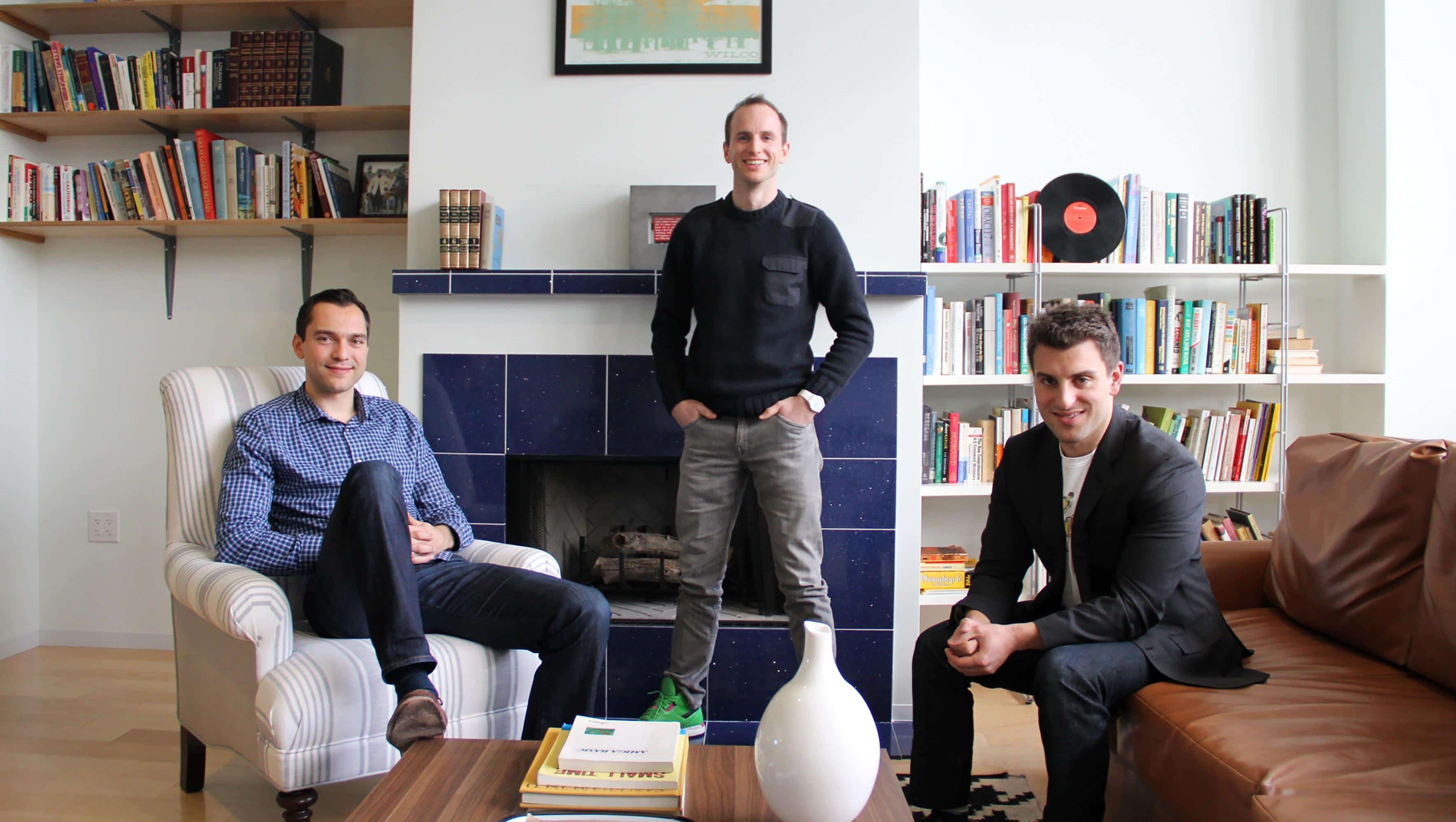“Social media marketing” is not a sufficient marketing strategy for your startup. Yet this is the default answer that far too many founders of early-stage startups provide when asked about their distribution plan. I myself have stated a similar plan to mentors and investors in the past. It’s easy to fall into this path since there is certainly a plethora of articles, book, and gurus focusing on social media marketing, but finding efficient ways to promote your startup requires far more planning and creativity. In this article, we will cover some key questions to answer at the start, and we will flip the standard marketing approach on its head to break you out of the predictable (and less effective) path.
All Posts
How to Find a Great Co-Founder for Your Startup: The Ultimate Guide
Not sure what kind of co-founders you need or where to find co-founders? No problem, this guide will help answer both those questions! Keep reading. Chapter 1: Do You Even Need a Co-Founder? Although it’s possible to build a successful tech company as a lone founder, there are many advantages to joining up with someone … more
The Secret Formula to Growing Your Startup: 1-10-100
All startup founders dream of the following scenario: You press the big red “launch” button. Your app (or whatever) goes live. The user counter is spinning like crazy, and your user graph shoots straight up like a rocket. You’re getting so many users that you have to rush to allocate more server power and load-balance like your life depends on it.
Unfortunately, this is what happens to most software startups: You open your app to the public. Realizing that you can’t count on luck to help users find it, you post on Hacker News, Reddit, and Product Hunt. But even that seems insufficient, so you post on Twitter and splash down $1K on Google ads. You track your user graph with anticipation, but all you see is a tiny blip. You panic, “Crap, I just spent the last few months working on my awesome idea, and my friends and family invested more money than they could afford in this venture. I was certain this was going to be a hit, and now I’m going to have to tell them their money is gone. There is no way I’m going to be the next Facebook/Snap/Uber now.”
Launching a startup? Here’s what you can expect
Having worked with a number of founders on the earliest stages of their startups, I have seen quite a few promising folks
Although striking, it’s not surprising why founders have such unlikely scenarios in mind given how much the media loves to portray nearly overnight successes like Snapchat and Oculus, which raced to a $2 billion exit in just 280 days since its first financing round. The likelihood that a startup will become a unicorn (valued at $1 billion+) is about one in a hundred. It’s even rarer that a startup can become a billion-dollar company in less than three years. In fact, the odds are roughly one in ten thousand. Is it any wonder, then, that many founders quit when they are expecting overnight success but arrive at a decade-long Navy Seals Hell Week?
Want your startup to thrive? Listen to your customers
The number one reason why startups fail, according to CB Insights, is that they never find a market need for their product. The sixth most common reason why startups fail is that they create a user-unfriendly product followed closely by not listening to customers. Think about that for a second. Three of the top mistakes that startup founders make can be solved simply by talking to your customers.
I personally learned this lesson that hard way on not one occasion but multiple times. What’s more embarrassing is that most of my professional career was spent leading user-centered design and user research teams, so I know that engaging your customers in a dialog can seem overwhelming. I understand that startup founders often rush to build their product because they are excited about their idea, or they think that testing their concept or product design are distractions requiring too much work. Not only that, doing customer research can be intimidating given that there are many techniques, which are complex in their details. This article will hopefully help you get started.





